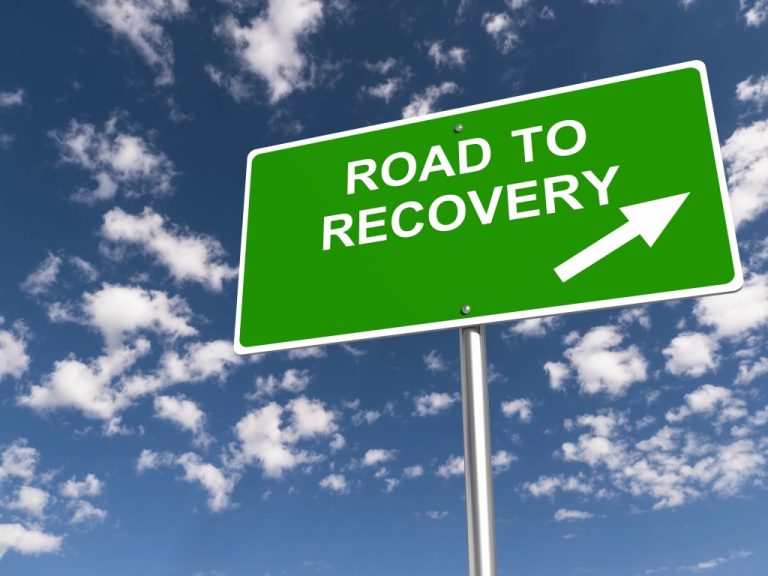Alcohol Abuse and Alcoholism: Signs, Symptoms, and Diagnosis
Content
Genetic, psychological, social and environmental factors can impact how drinking alcohol affects your body and behavior. Theories suggest that for certain people drinking has a different and stronger impact that can lead to alcohol use disorder. https://ecosoberhouse.com/ Alcohol addiction treatment requires the full continuum of care starting with medical detoxification. Alcohol is a chemically addictive drug, which means you likely will go through withdrawal symptoms when you abstain from using it.

It allows them to unwind from challenges that may arise at school, or with family and friends. Drinking can offer teens a sense of happiness, so they continue feeding the habit. Connect with a licensed therapist from BetterHelp for online addiction and mental health counseling.
Behavioral Signs of Alcoholism
Most alcoholics suffer from some form of physical dependency, which can make quitting painful, dangerous, and even deadly. In addition, long-term abuse may cause chronic health conditions, such as liver disease. This is the rarest subtype, making Signs of Alcoholism up only 9% of people addicted to alcohol in the United States. Most individuals in this subtype are middle-aged and started drinking early. Of the five subtypes, they rate highest for other psychiatric disorders and abuse of other substances.
What are 3 symptoms of an alcoholic?
- Being unable to limit the amount of alcohol you drink.
- Wanting to cut down on how much you drink or making unsuccessful attempts to do so.
- Spending a lot of time drinking, getting alcohol or recovering from alcohol use.
- Feeling a strong craving or urge to drink alcohol.
In fact, almost30 people die every day from a drunk driving incident in the United States. It is important to understand that not everyone who experiences these short-term effects of alcohol have Alcohol Use Disorder. Moreover, these short-term effects do not only occur in alcoholics. Other treatment options include drug therapy, ongoing recovery counseling, and nutritional changes. No matter which type of treatment option you pursue, it is important that you have a support system. Whether it is a trusted friend or family member, you need someone in your corner who is going to help keep you accountable and offer support when needed. More serious withdrawal symptoms often surface up to 24 hours after you last consumed alcohol.
Effects of alcohol overdose and withdrawal
When you drink heavily, your body gets used to the alcohol and experiences withdrawal symptoms if it’s taken away. Alcohol abuse is a shockingly common problem facing the United States. Over a twelve month period, estimates are that 4.6% of year olds and 8.5% of adults over the age of 18 have an alcohol use disorder. Approximately one in every six adults, or 18 million people in the United States suffer from alcohol abuse or alcoholism. Rates of alcoholism are higher among adult men – 12.4% – than women – 4.9%. The highest amount of people suffering from an alcohol use disorder are between the ages of (or 16.2%), a number that decreases with middle age. 1 in 3 motor vehicle fatalities, nearly 20% of fire-related deaths, up to 50% of drowning, and up to 50% of murders involve the usage of alcohol.
If you suspect that a friend or loved one may suffer from alcoholism or has placed themselves on the road to addiction, then it’s time to take action. Intervening before alcohol use disorder causes irreparable harm may not be easy, but it’s crucial. Addiction to alcohol can devastate the body, weaken the mind, destroy relationships, and undermine a person’s quality of life. It can also burden family members, causing unnecessary stress, fear, pain, and worry.
Recognizing Alcoholism Symptoms
Done right, an intervention can lead to treatment, which can eventually lead to recovery. People who are addicted to alcohol may also show a deteriorating physical appearance from poor nutrition and personal neglect. While symptoms are things that we feel or experience, signs are external clues that can signal to others there’s a potential problem. Tolerance symptoms include a need to drink more than you once did to achieve the desired level of intoxication. People experiencing this phenomenon might even switch up their drink of choice — moving from beer or wine to hard liquor, for example, to accommodate their need for more alcohol. Heavy drinking in conjunction with other behaviors can also signal a problem.
But they can’t seem to stop making dangerous decisions under the influence. Other signs of an alcohol problem are secretive behavior, loss of interest in hobbies, loss of motivation and difficulty paying attention. If you have a pattern of suddenly feeling very sick after consuming alcohol, you may have developed sudden onset alcohol intolerance. There are various types of alcoholics, and not everyone with an alcohol problem fits a stereotype. The Association for Addiction Professionals represents the professional interests of more than 100,000 addiction-focused health care professionals in the United States, Canada and abroad. It’s important to realize that alcohol can fully inhibit proper digestive function. This process leads to decreased digestive movement and secretions of food through the digestive tract.
Signs Of Alcohol Abuse
Our mission at Eleanor Health is to help people affected by alcoholism live amazing lives. We deliver whole-person, comprehensive care and are passionate about transforming the quality, delivery, and accessibility of alcohol addiction & mental health treatment. Our actions are rooted in respect for each member’s values, culture, and life experiences, and our commitment to their wellbeing is unwavering and without judgement. It is not uncommon for people struggling with alcohol abuse to have a dozen drinks or more a day. Many alcohol drinkers feel the urge to drink more in order to feel the original effects of their alcohol consumption. Denial is one of the main reasons why millions of people do not receive treatment for alcoholism.

An alcohol use disorder, especially at the more severe end of the spectrum, can lead to permanent and debilitating health conditions that may require care for a lifetime. Some of the most acute problems relate to the indirect problems that an alcohol use disorder causes. People who begin drinking — especially binge drinking — at an early age are at a higher risk of alcohol use disorder. If your pattern of drinking results in repeated significant distress and problems functioning in your daily life, you likely have alcohol use disorder. However, even a mild disorder can escalate and lead to serious problems, so early treatment is important.
- 0

Comentários